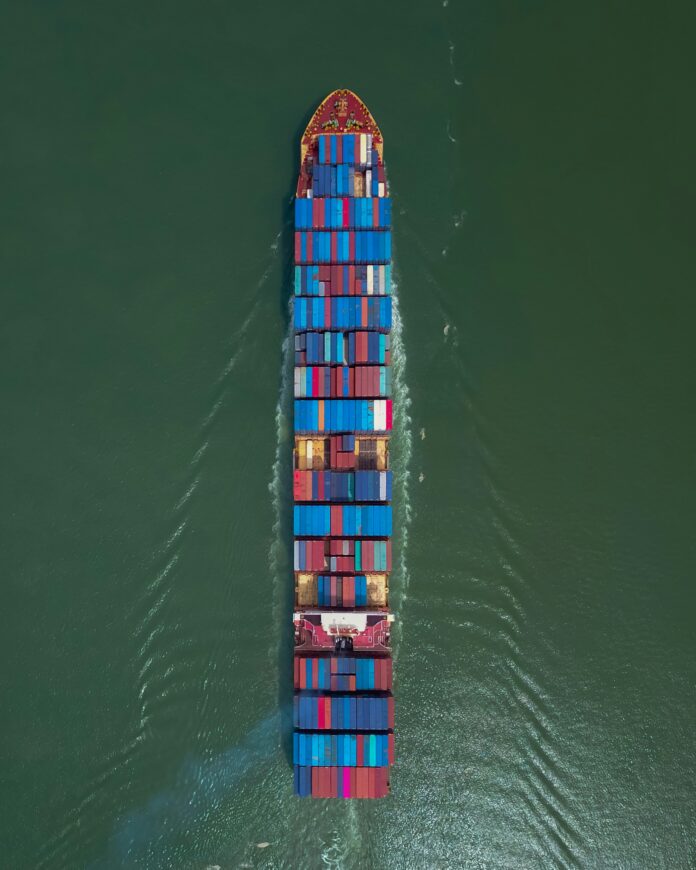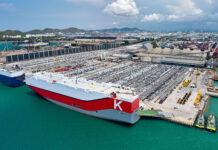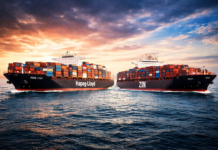
The UK Hydrographic Office (UKHO) and Marine AI have launched a world-first project in Plymouth to teach autonomous vessels to read and act on official navigation data.
Firstly, the eight-month programme will train Marine AI’s large language model to interpret ADMIRALTY Sailing Directions and Radio Navigation Warnings. These texts, written for human mariners, will be converted into structured data for use in GuardianAI. GuardianAI is Marine AI’s autonomous control software.
In addition, the goal is to help Maritime Autonomous Surface Ships (MASS) make safe, real-time decisions without human input. Moreover, the system will allow uncrewed vessels to respond instantly to navigational changes and warnings.
A live on-water demonstration is planned for spring 2026 using ZeroUSV’s Oceanus12 vessel in Plymouth. The results will also support the International Hydrographic Organization’s S-100 framework. This framework sets global data standards for navigation.
“This is the first time autonomous systems will process official Sailing Directions and Radio Navigation Warnings,”said Oliver Thompson, Technical Director at Marine AI. “Proving this on the water closes a major gap in vessel autonomy and moves us closer to safe, fully automated operations.”
Mark Casey, Head of Research, Design and Innovation at UKHO, added: “Working with Marine AI helps us push the limits of how autonomous systems use hydrographic data. This project supports maritime safety and contributes to international standards.”
Autonomous shipping is a national priority for the UK maritime sector. Plymouth already serves as a testbed for new technologies. Demonstrating that uncrewed ships can understand official navigation data could improve safety, and shape global standards. Lastly that demonstration can speed up the use of autonomous vessels across commercial, research, and defence fleets.





